One of the advantages of science is that one's work, ultimately, is either replicated or it is not
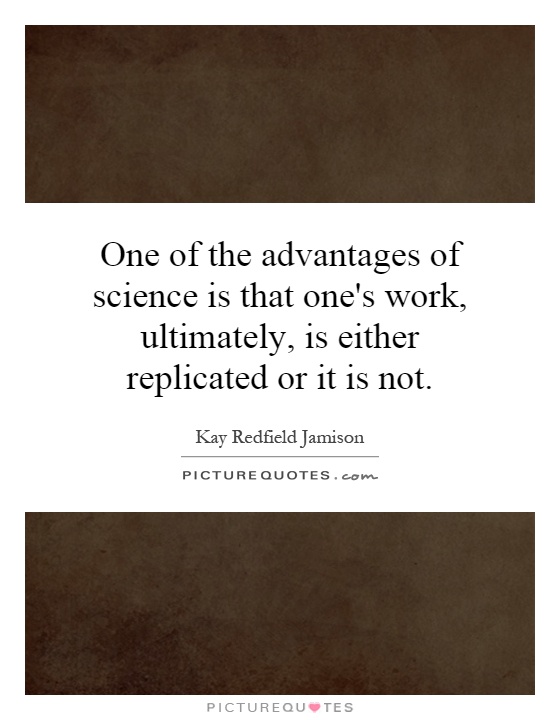
One of the advantages of science is that one's work, ultimately, is either replicated or it is not
Kay Redfield Jamison is a renowned American clinical psychologist and writer who has made significant contributions to the field of mood disorders, particularly bipolar disorder. One of the advantages of science that is particularly relevant to Jamison's work is the concept that one's work is either replicated or it is not. This principle is essential in ensuring the validity and reliability of scientific research, and it has played a crucial role in shaping Jamison's career and the impact of her work.In the field of psychology, replication is a fundamental aspect of the scientific method. It involves conducting the same study or experiment again to determine if the results can be reproduced. If a study's findings can be replicated by other researchers, it provides strong evidence that the original results are reliable and valid. On the other hand, if a study cannot be replicated, it raises questions about the accuracy and credibility of the original findings.
For Kay Redfield Jamison, the principle of replication has been instrumental in establishing the credibility of her research on bipolar disorder. Jamison's groundbreaking work on the relationship between creativity and mood disorders has been widely cited and replicated by other researchers in the field. Her studies have provided valuable insights into the complex interplay between mental illness and artistic creativity, and they have helped to challenge stereotypes and misconceptions about bipolar disorder.
By adhering to the principle of replication, Jamison has been able to build a solid foundation of evidence to support her theories and findings. This has not only enhanced the credibility of her work but has also contributed to the advancement of knowledge in the field of psychology. Through replication, Jamison's research has been validated and confirmed by other experts in the field, further solidifying her reputation as a leading authority on bipolar disorder.



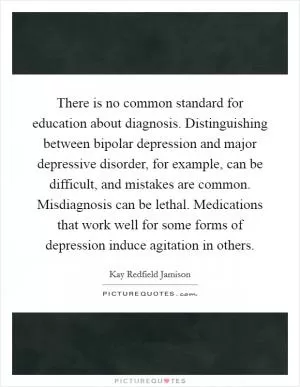


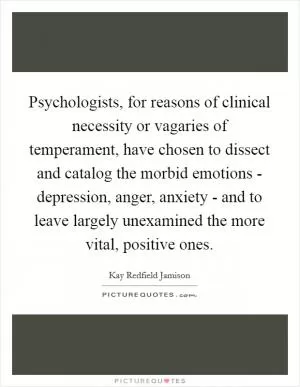

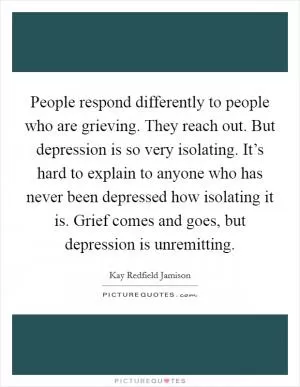
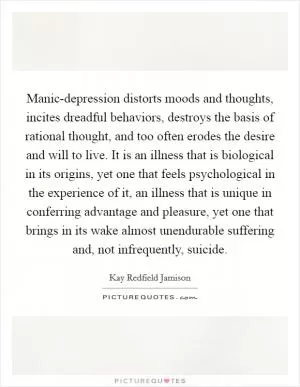

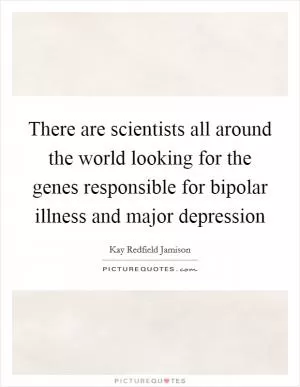
 Friendship Quotes
Friendship Quotes Love Quotes
Love Quotes Life Quotes
Life Quotes Funny Quotes
Funny Quotes Motivational Quotes
Motivational Quotes Inspirational Quotes
Inspirational Quotes